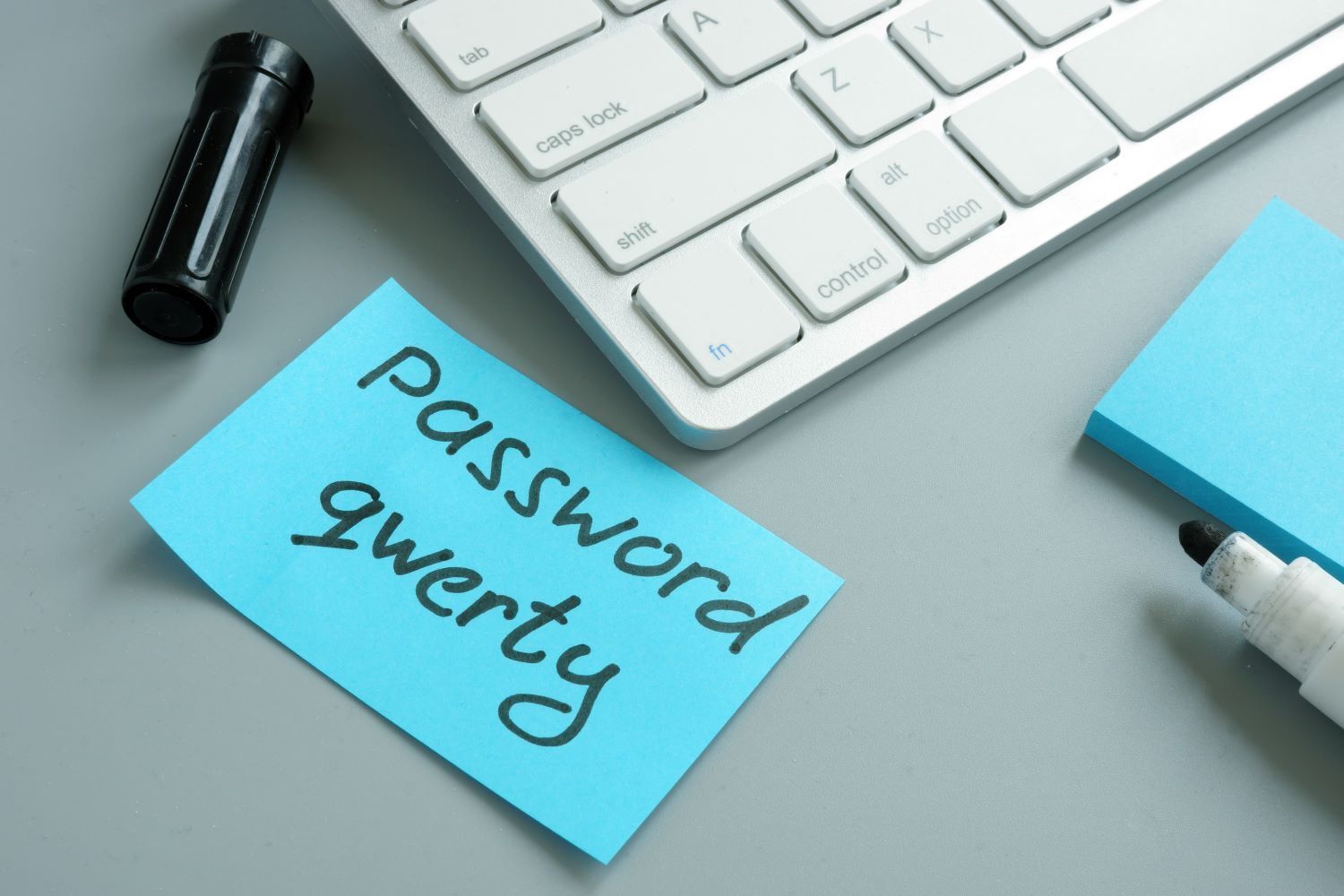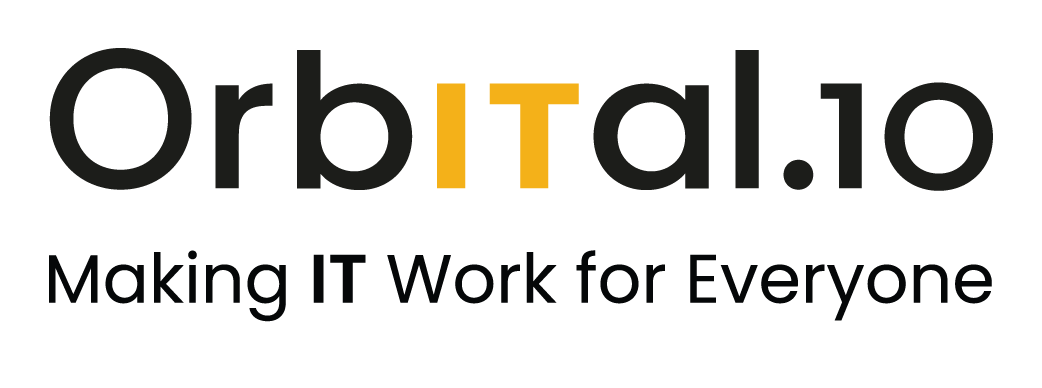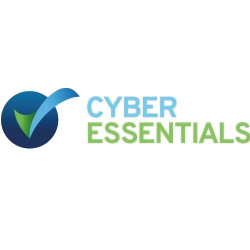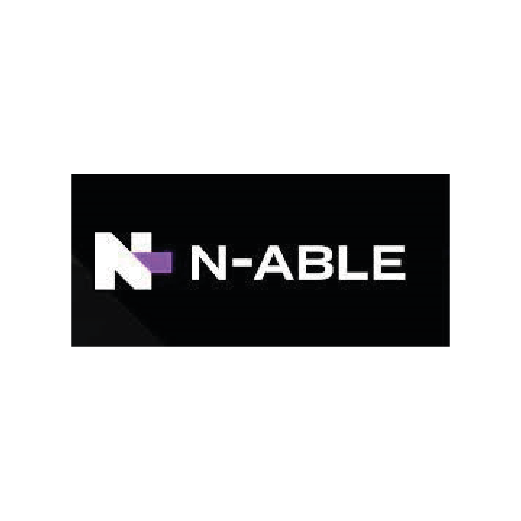7 really good reasons legal firms need speech recognition solutions.
Dictation and voice recognition systems can deliver real benefits to legal firms, particularly those who have embraced new ways of working and are now taking advantage of streamlined document production processes and enhanced collaboration.
A key challenge for all legal firms is to produce a range of high-quality documents including briefs, contracts, case materials and records of client communication. And this challenge has been exacerbated by the remote working necessitated during the periods of lockdown and the subsequent move to hybrid working by many firms. However, hybrid working has enabled many to meet the demands of the marketplace for a more flexible approach to working and, as we will describe below, digital dictation and speech recognition systems have played a key role in ensuring accurate and timely documentation processes.
Reduce typing time
It is generally acknowledged that we can speak up to seven times faster than we type, so the production of reports and legal texts is considerably faster using speech than the keyboard. Instead of typing, you can dictate the substance of a document using a wireless headset or smartphone and send it through for transcription or use a speech to text conversion solution. You can also use this approach for filling out of form-based reports. And the availability of legal-sector specific vocabularies in speech to text systems means that it is easier to use complex terms and spell them correctly every time.
Speed up the entire document creation and management process
Law firms typically depend on typing teams, legal secretaries, or external transcriptionists to transcribe legal documents. However, this can lead to delays in the reviewing and editing stages, particularly if the original author spends lengthy periods of time out of the office. There may also be approval cycles to go through. And once finished, the document needs to be filed efficiently so that it can be retrieved quickly whenever it is needed in the future. By integrating speech recognition software with workflow and document software, the entire document creation and management processes can be streamlined. For example, workflow functions can help to identify and remedy bottlenecks in the document production process or help to reassign work from typists who are busy with specific projects to others who have more capacity.
Save on support services
As mentioned above, many legal practices have a document production service in place that uses either a dedicated typing team, a secretarial team, or external transcription services. This can be expensive and does not always deliver documentation as quickly as either legal teams or their clients would like. More than ever there are competitive pressures to minimise the time it takes to turn documents around and reduce the costs associated with such tasks. By eliminating or reducing keystrokes, with the help of dictation or speech recognition technology, administrative costs can be significantly lowered.
Supporting mobile and home working
As more legal professionals adopt the hybrid approach of mixing remote working and a return to the office, so the way that document production is handled needs to become more flexible. For example, a cloud-based speech recognition solution can enable legal professionals to dictate a variety of documents and send the resultant digital recordings through to support staff for follow-up work, irrespective of their location. And the working versions of documents can be accessed by the original author and other people whilst on the move to allow for instant updating and editing.
Provide an enhanced service to clients
Businesses in all sectors are facing growing competition and the legal sector is no different. So, it is important to focus on the quality of service offered to clients (and of course the quality of service they are increasingly expecting). Providing a more responsive service with faster document turnaround, incorporating high quality documents with fewer errors is becoming a business differentiator.
Allow a greater focus on billable work
If legal professionals are able to spend less time on support activities such as document creation and editing through the use of cloud-based dictation systems, then this in turn frees them up to spend more time with clients and have a greater focus on work that is directly billable. In addition, digital dictation capabilities integrated with workflow management software can allow the legal professional to dictate their time and billing information instantly at the point when a project or piece of work is completed. This can then be forwarded to support staff for entry.
Enhance data security and compliance
Inevitably much of the information generated by legal firms will contain personal information that is sensitive in nature. Ensuring such information is safe from the prying eyes of online hackers is, therefore, paramount. Cloud-based dictation software is likely to incorporate a range of security measures such as encryption, access privileges and intrusion prevention systems to protect against such eventualities. In addition, many solutions are GDPR compliant, as all stored data is encrypted, backed up and secure.
Increasingly, speech recognition software is viewed as a vital productivity tool for those legal firms seeking to minimise document creation time. Crucially, it also allows them to exploit the opportunities presented by hybrid working and enhanced collaboration to introduce cost efficiencies and maximise the quality of service delivered to clients.
More information and solutions can be found here >
Topics: Dictation, transcription, work better, speech to text, legal firms, lawyers, solicitors



























